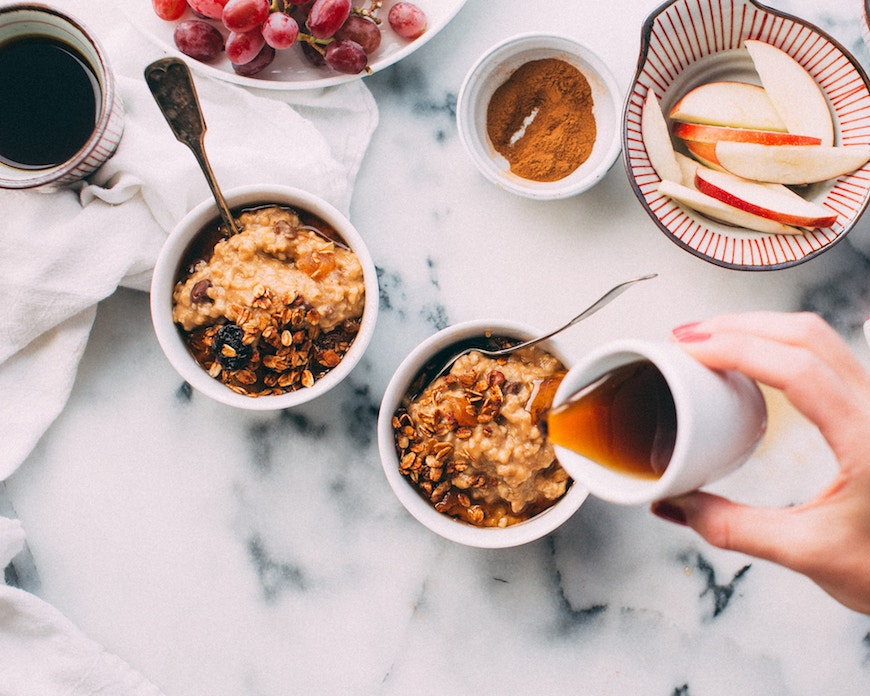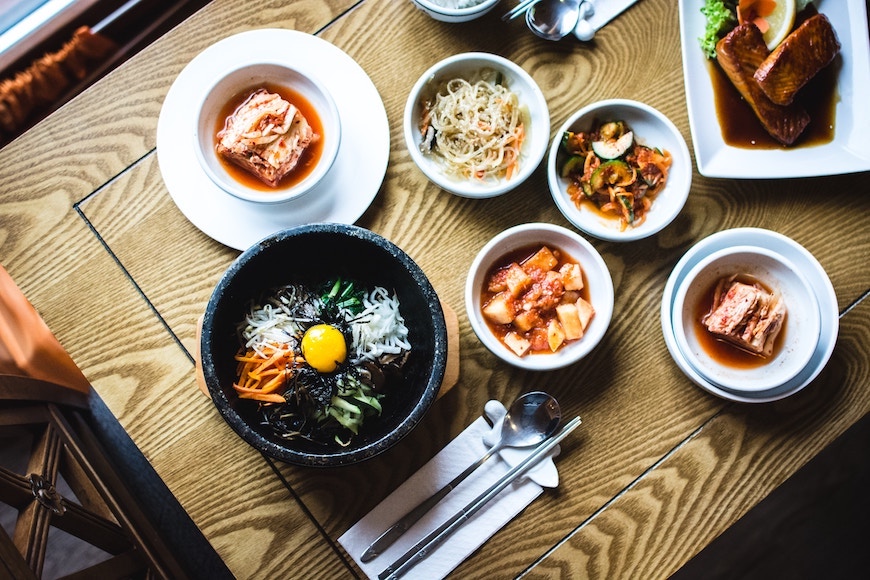If You Eat a Probiotic-Rich Diet, Do You Need to Take a Supplement?
In our Asking for a Friend series, we're teaming up with Renew Life®—makers of quality digestive wellness supplements for over 20 years—to answer W+G readers' most-pressing questions about gut health. First up: Diving into probiotic foods and their impact on your gut.
You might eat Greek yogurt for breakfast, sprinkle kimchi on your grain bowl at lunch, and sip on kombucha for an afternoon snack. But how do you know if you need to take a probiotic supplement, too?
You asked, and we got Nathalie Rhone, RD, FMN, to answer—exactly what your probiotic intake should look like each day, from your plate to your vitamin cabinet, that is.
Here's the short of it: "We live in a world where we are exposed to toxins and chemicals, we often don’t know where our food is coming from when we eat out or travel, and yes, we get probiotics through some foods—but it’s also helpful to take a supplement to make sure our gut is loaded with the healthy bacteria we need for optimal health," says Rhone.
Still, what does that mean in terms of total CFUs (colony-forming units) and total kombucha guzzling? Tune into her digestion-boosting advice below to find out.
Scroll down for two steps toward a happy gut—and the ideal amount of probiotics to aim for every day.

Step 1: Optimize probiotics in your daily menu
You can nosh on all the probiotics in the world (some of Rhone's faves are Kimchi or sauerkraut in salad or grated raw cheese on pasta), but unless you're creating the right environment for them to thrive, all your efforts are pretty much wasted... womp. "Just like us, probiotics need fuel to do their job," Rhone says, which means feeding them prebiotics.
Prebiotics are categorized as indigestible fiber, found in fruits and veggies, that are a main food source for probiotics (yes, bacteria need to eat to stay alive, too).
"When prebiotics are combined with probiotics… bam, digestive health!"
Some of Rhone's favorite sources of prebiotics include asparagus, garlic, onion, artichokes, bananas, leeks, and oats. And if none of those options strike your fancy, you can always take a supplement such as Renew Life's Women’s Daily Probiotics + Organic Prebiotics, which contains 20 billion live cultures to support healthy digestion.
"Prebiotics don't actually contain any bacteria," Rhone explains. "They're just the food source. It’s when prebiotics are combined with probiotics… bam, digestive health! The two work together in a symbiotic way, helping to keep our gut and microbiome healthy." Dream team.

Step 2: Add a potent probiotic supplement
In the diet versus supplement debate, here's your verdict: "There is no problem with eating probiotic-rich foods while taking a probiotic supplement, as long as you are not overdoing it or experiencing any GI issues," says Rhone.
If you're wondering how much of a probiotic boost you actually need daily, though, there is a number to aim for. "Healthy adults can safely consume up to 20 billion CFUs of probiotics daily," Rhone recommends.
But, since studies have shown that probiotics are most effective in high doses, according to Rhone, she gives the green light to couple your probiotic-rich diet with a high-quality supplement—like Renew Life's Ultimate Flora™ Probiotics, which contain 30 billion CFUs and are made from pure, raw ingredients.
"Eating a variety of probiotic foods in combination with your supplement can help ensure that you get in a variety of beneficial strains," Rhone says. Bonus points.
In partnership with Renew Life®
Top photo: Stocksy/ Evil Pixels Photography
Loading More Posts...